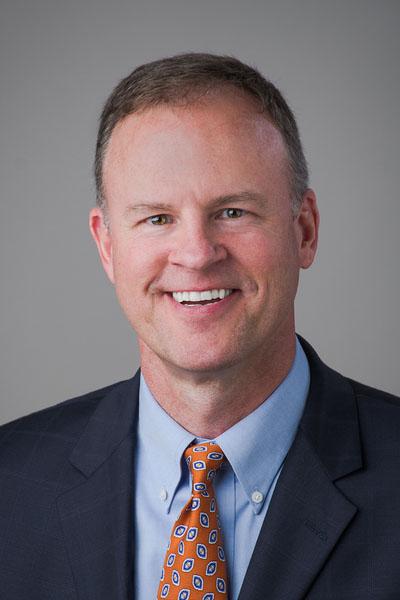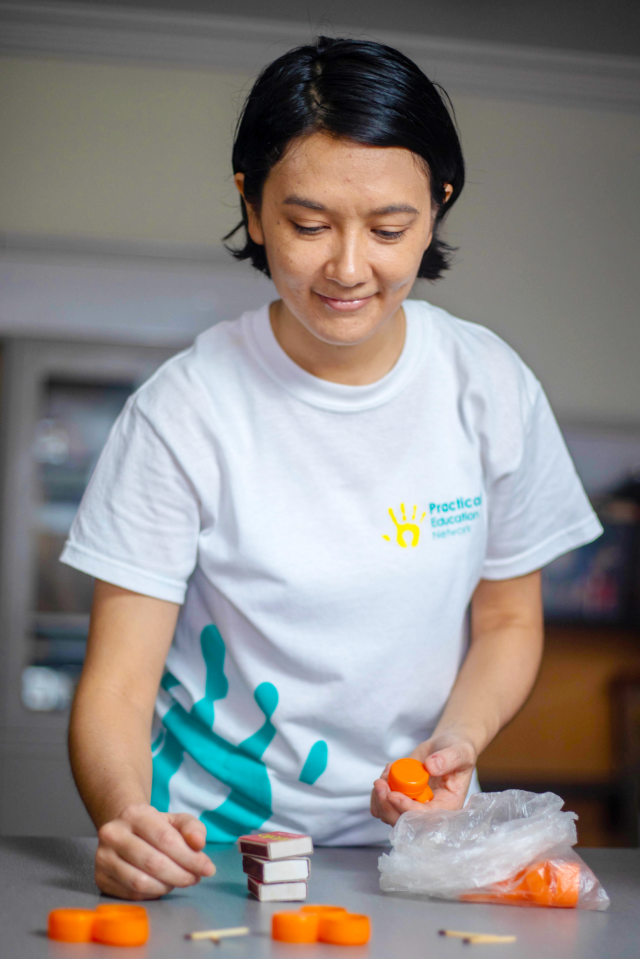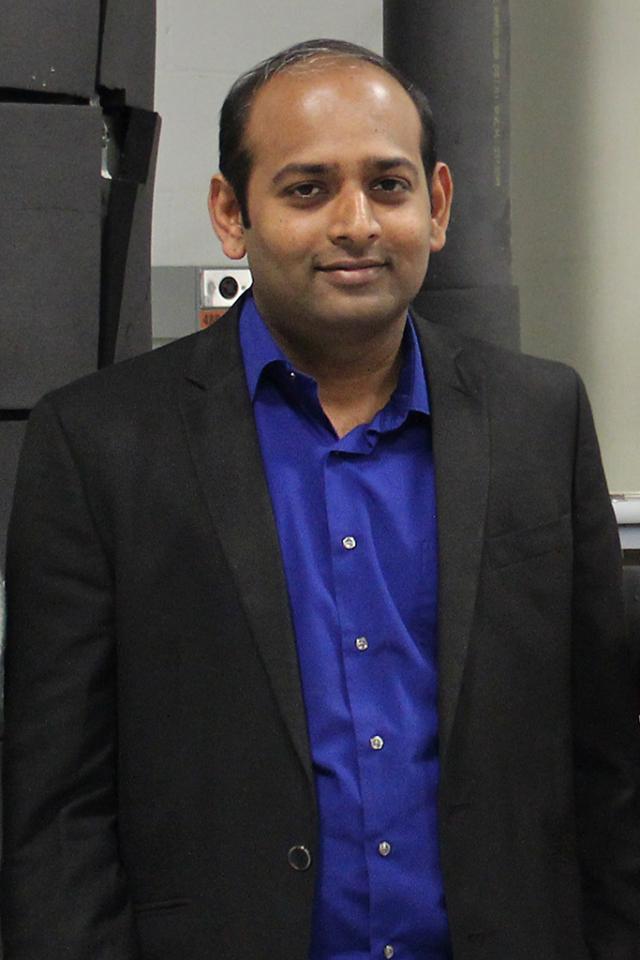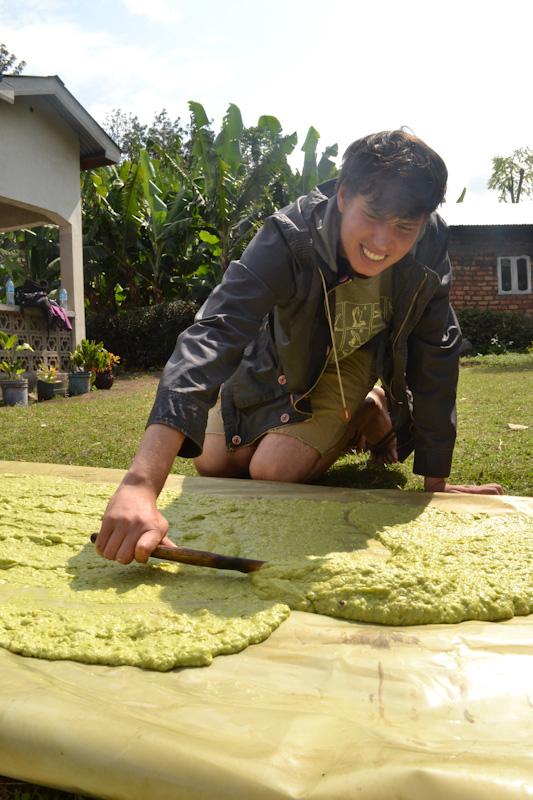Kevin Rustagi
Recent MechE graduate Kevin Rustagi (SB ’11) is a serial entrepreneur. Well, perhaps not quite yet, but he will be. His eyes light up when he talks about interesting ideas and starting companies, and the enthusiasm in his voice is almost palpable.
[[{"type":"media","view_mode":"media_original","fid":"1014","attributes":{"alt":"","class":"media-image","height":"679","typeof":"foaf:Image","width":"1024"}}]]
“I’ve always been excited about the idea of creating your own company,” says Rustagi. “An organization is the ultimate tool. If you want to create a prototype, you’ve got a hammer, nails, a laser cutter; but if you’ve got an organization, you can do all kinds of things.”
From the time he arrived at MIT in 2007 as a freshman, Rustagi threw himself into project after project, from starting the MIT live music club and leading a clock-making class for undergrads to creating his own industrial laser-etched business cards and co-founding a sweat-free shirt-making business with a fellow student.
But then, one of the reasons he came to MIT was because of its renowned entrepreneurial network, the iconic culture of MIT startups.
“The thing that I love about MIT is that people will meet with you one-on-one and support your idea, especially when it’s at a very early stage,” says Rustagi. “Whether it’s alumni like Zipcar founder Robin Chase and her husband Roy Russel, MechE administrators like Brandy Baker, or MechE faculty like Sanjay Sarma and Maria Yang, the fact that people are always willing to meet with you and support you at whatever stage you’re at in the entrepreneurial process is phenomenal. It’s an important part of the process of understanding who you are as an entrepreneur.”
Rustagi’s first entrepreneurial project was manufacturing metal and Plexiglas business cards. A participant in the Undergraduate Practice Opportunities Program (UPOP) during his sophomore year, he had an unexpected bout of frostbite that caused him to sign up late and miss out on receiving the standard UPOP business cards. So he decided to make his own. “I wanted to make something cool, so I found some fluorescent Plexiglas and started cranking out laser-cut and laser-etched business cards. I took them to the UPOP Career Fair later that week, and they really stood out.”
He made some cards for friends, and then sold some of them too. “That was the most phenomenal feeling,” he remembers. “I’d built some things before, but I’d never had anyone pay me for something I had made. It was extremely addictive.”
The same criteria that attracted Rustagi to the idea of non-paper business cards attracted him to his fellow classmate’s idea for temperature-regulated shirts. “I remember thinking that the idea was so outlandish, but also very intriguing. I thought that business professionals could definitely be interested.” Ministry of Supply, the name of the company that Rustagi eventually started with MIT student Gihan Amarasiriwardena, makes sweat-free, wrinkle-free dress shirts using phase-change materials that pull body heat from the wearer when it’s warm out and releases that heat back to the wearer when the temperature cools down. With early funding and initial product sold, Rustagi hired Sloan MBA students Kit Hickey and Aman Advani to help build Ministry of Supply. The company has been very successful in its original round of pre-orders through crowd-sourcing entity Kickstarter, raising almost $400,000 more than its initial $30,000 goal.
Rustagi explains that his two major criteria for identifying a worthy idea are novelty and usefulness.
“Once I have that initial concept, I try to do a lot of back and forth with many different people. Their feedback allows me to shape the idea. It has to be exciting and people have to want it. If they get excited, then I think there could be something there.”
Rustagi’s next entrepreneurial space is the intersection of consumer products and audio devices.
“My current project, Invention of Noise, is a music studio that doubles as a product design studio to develop audio devices and consumer products. I have been fortunate enough to be admitted to Stanford’s MBA program for the fall of 2014 and hope to arrive ready to start up a new audio-based consumer product company.”





